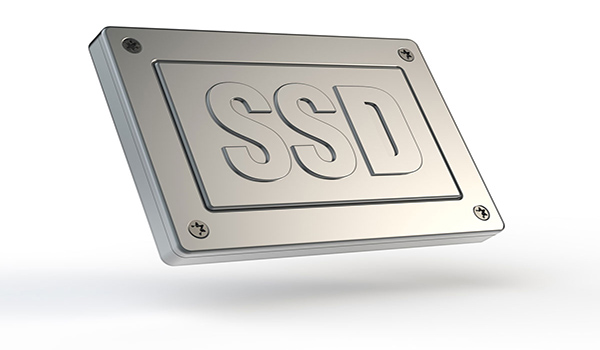SSD upgrade
All SSD upgrade job comes with free data transfer from previous computer to new computer and free setup etc.
Technology on computers is changing every year or even every month. All the components are getting bigger in capacity and faster in speed. However, technology on hard disk hasn’t been changed very much since it introduced back to 1956. As a storage part, it determines the respond speed of a computer. Specially when you run multiple programs at the same time, it gets slower and slower as it is natural facts. Also it is very sensitive as there is a disk spanning all the time with very high speed. When a computer gets slower than normal, as the hard disk is getting slower. Other parts of the computer are still enough or more than enough than we need. Solutions? Yes, thanks to SSD technology. I have successfully done many jobs to rescue some computers by replacing a new SSD hard disk drive. Some of them are even 5 years old computer. I have done some testings as well, a well built 5 years desktop with a SSD upgrading is much quick than most of the new desktop you are buying from the store without a SSD drive.
SSD upgrading can be done on PCs, laptops and Mac computers.
Here are some info on SSD,
| Attribute | SSD (Solid State Drive) | HDD (Hard Disk Drive) |
| Power Draw / Battery Life | More power draw, averages 6 – 7 watts and therefore uses more battery | |
| Cost | Expensive, roughly $0.20 per gigabyte (based on buying a 1TB drive) | |
| Capacity | Typically not larger than 1TB for notebook size drives; 4TB max for desktops | |
| Operating System Boot Time | Around 30-40 seconds average bootup time | |
| Noise | Audible clicks and spinning can be heard | |
| Vibration | The spinning of the platters can sometimes result in vibration | |
| Heat Produced | HDD doesn’t produce much heat, but it will have a measurable amount more heat than an SSD due to moving parts and higher power draw | |
| Failure Rate | Mean time between failure rate of 1.5 million hours | |
| File Copy / Write Speed | The range can be anywhere from 50 – 120MB / s | |
| Encryption | Full Disk Encryption (FDE) |
|
| File Opening Speed | Slower than SSD | |
| Magnetism Affected? | Magnets can erase data |

